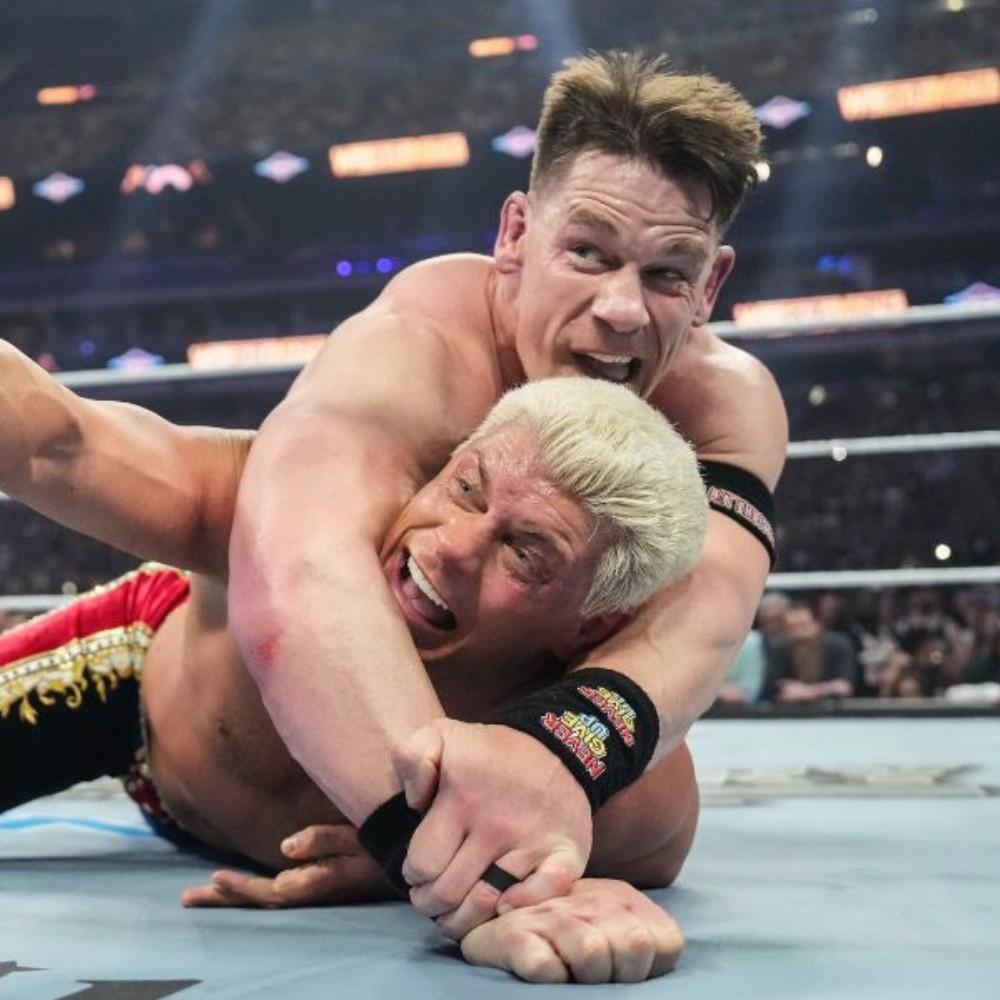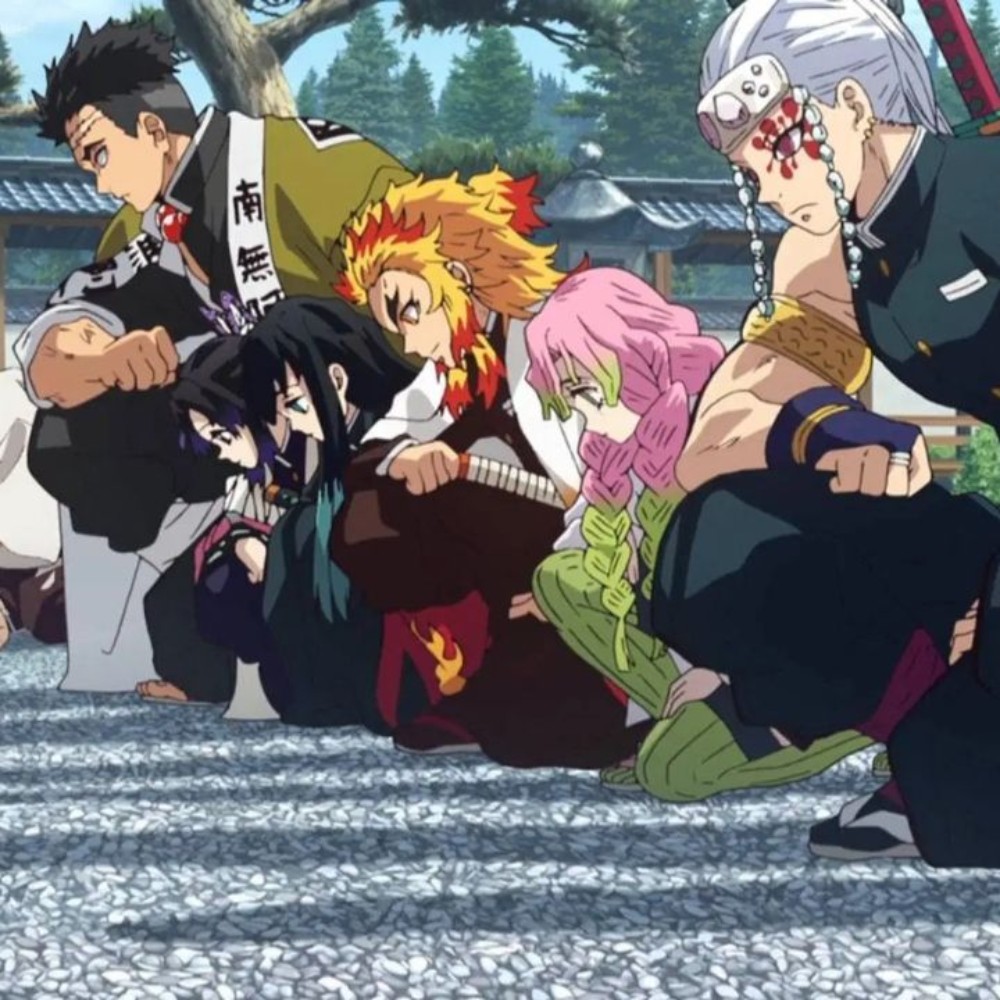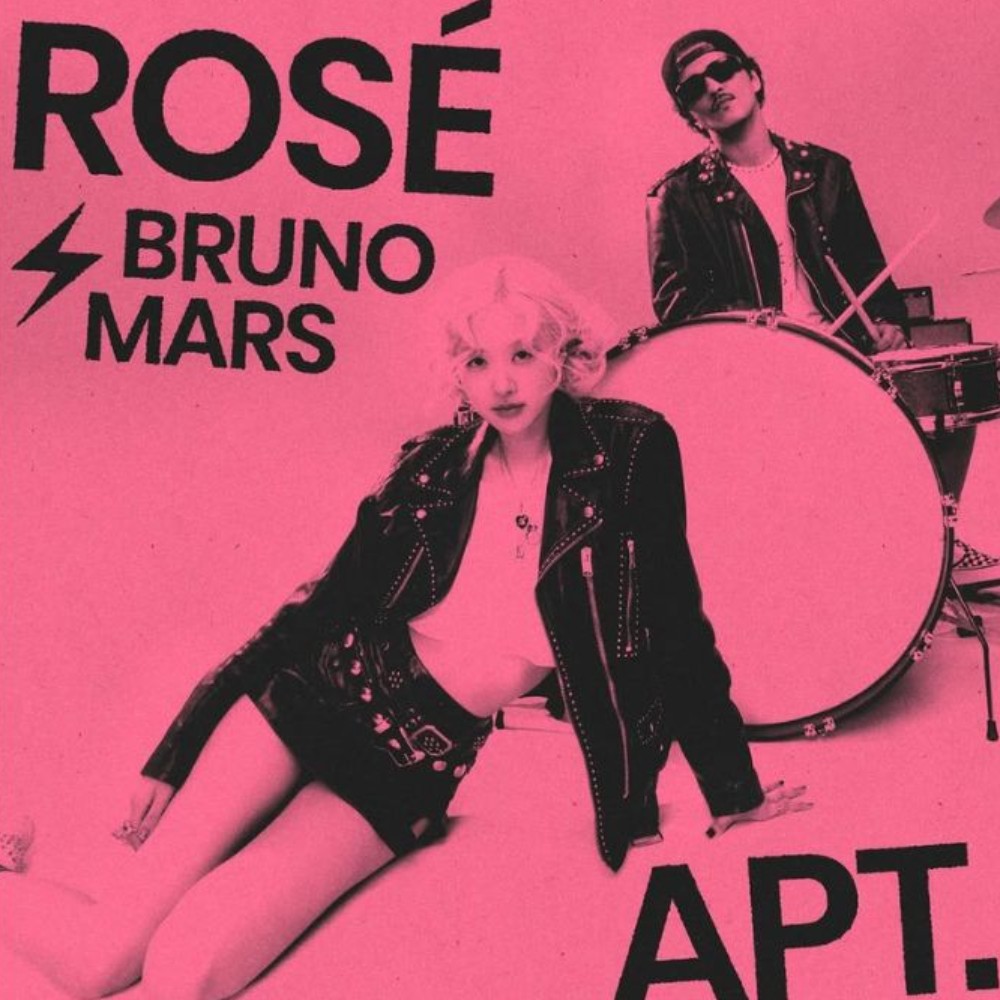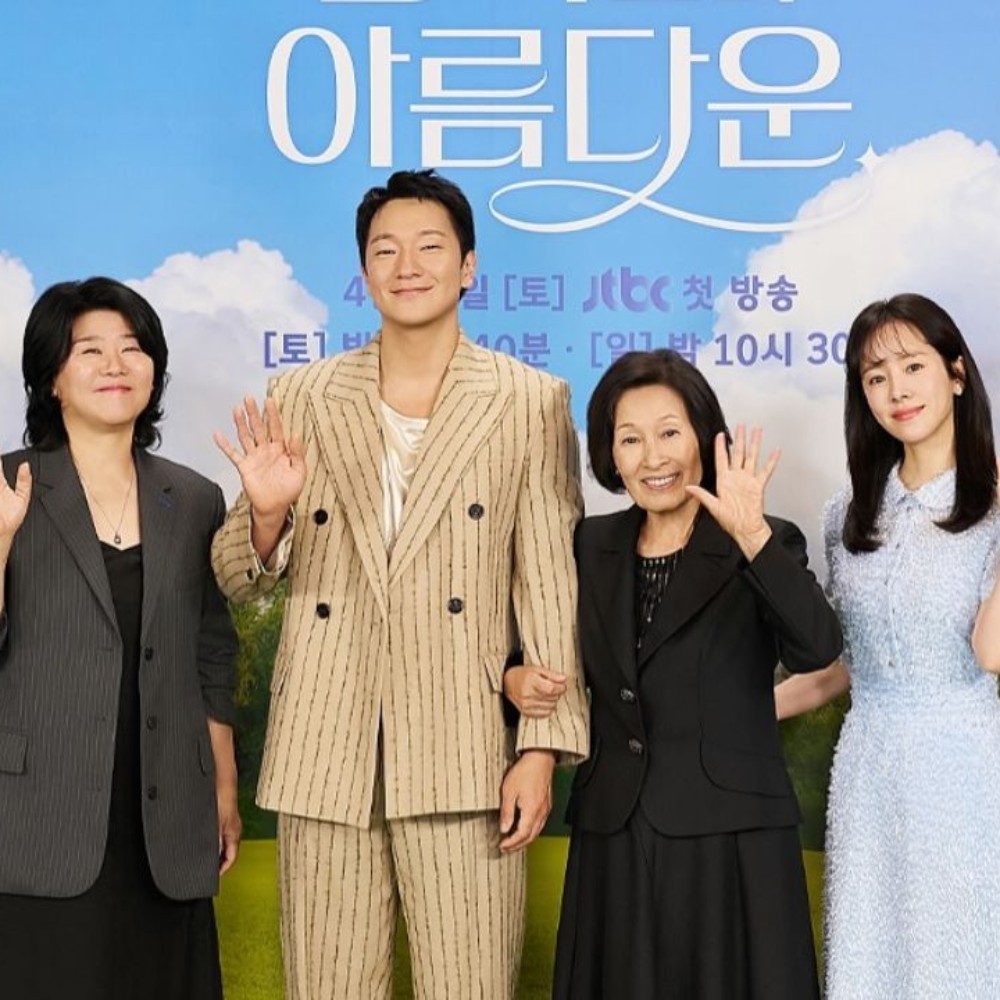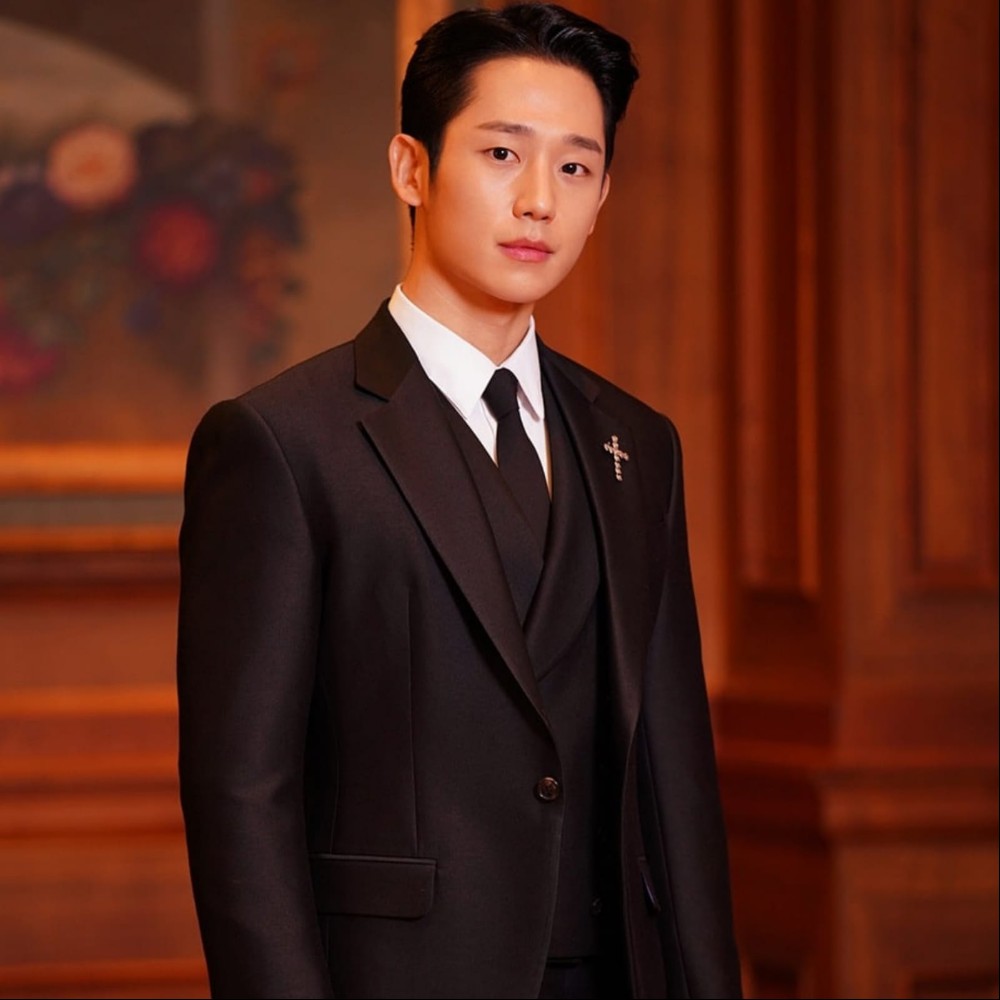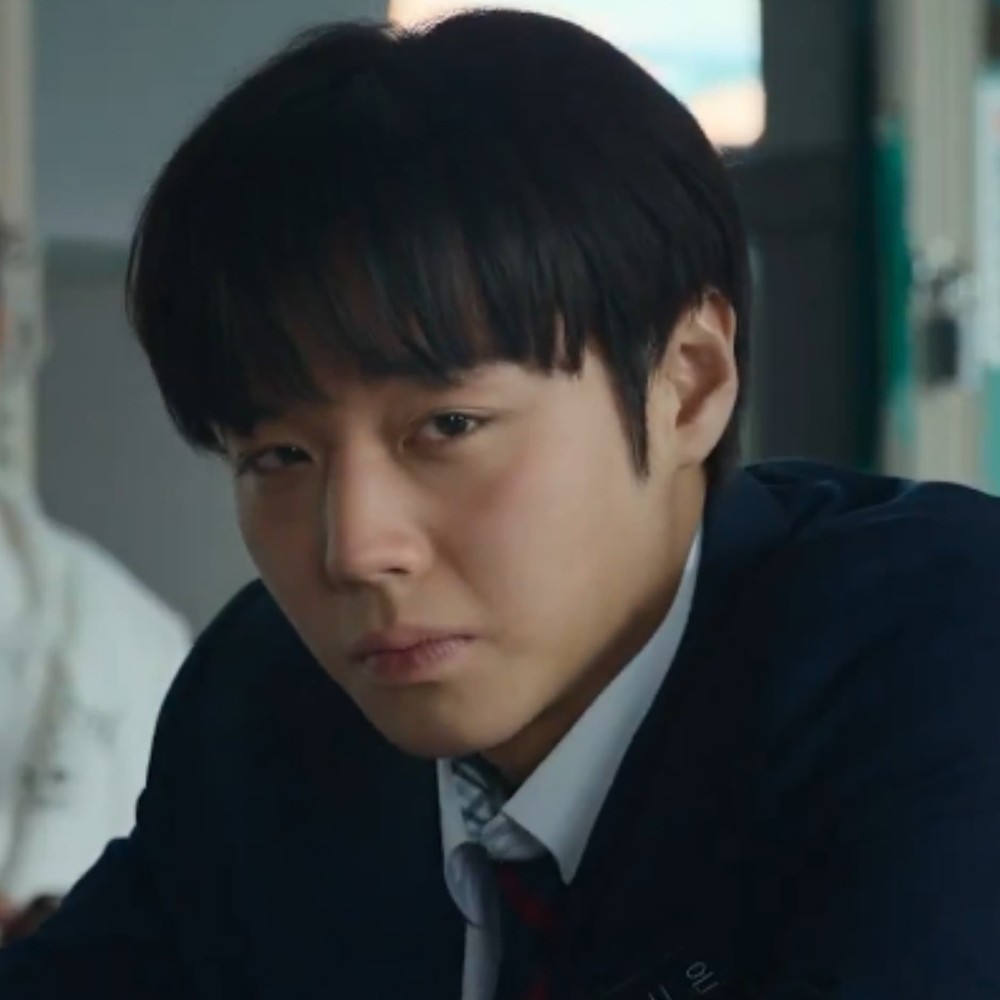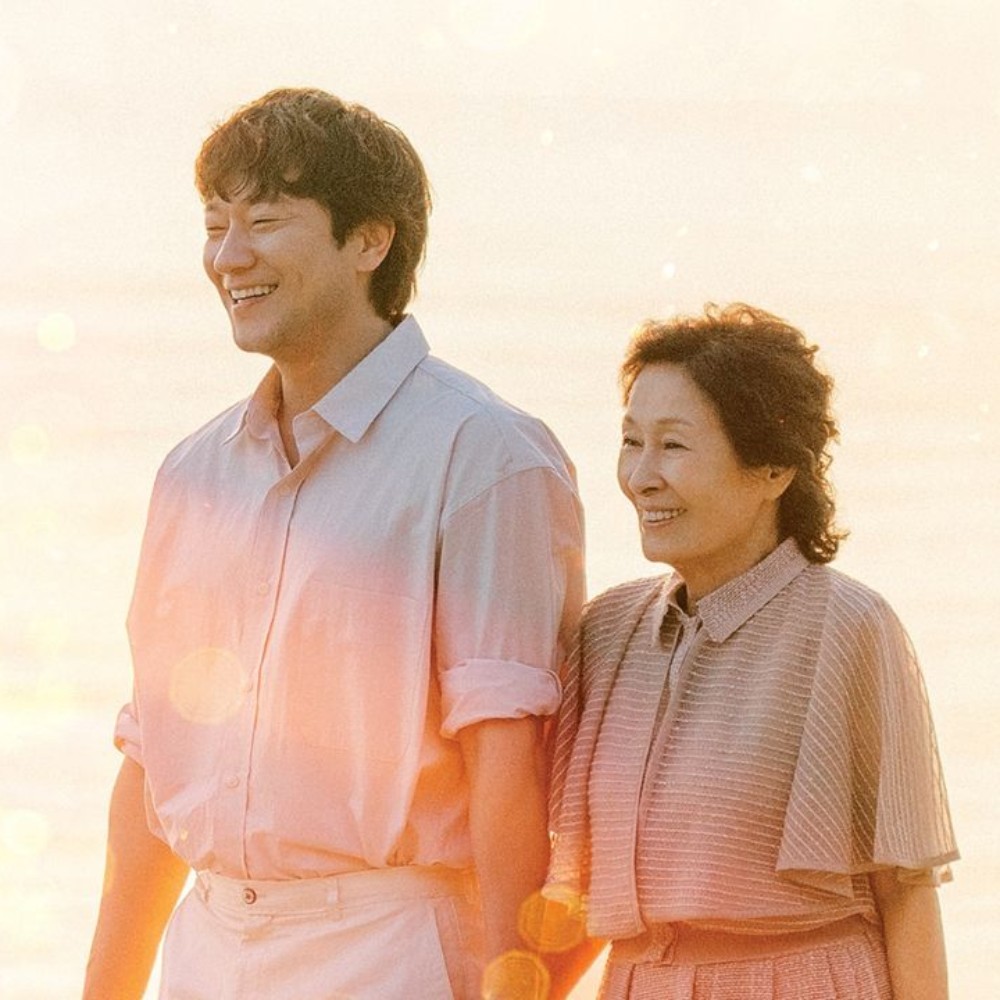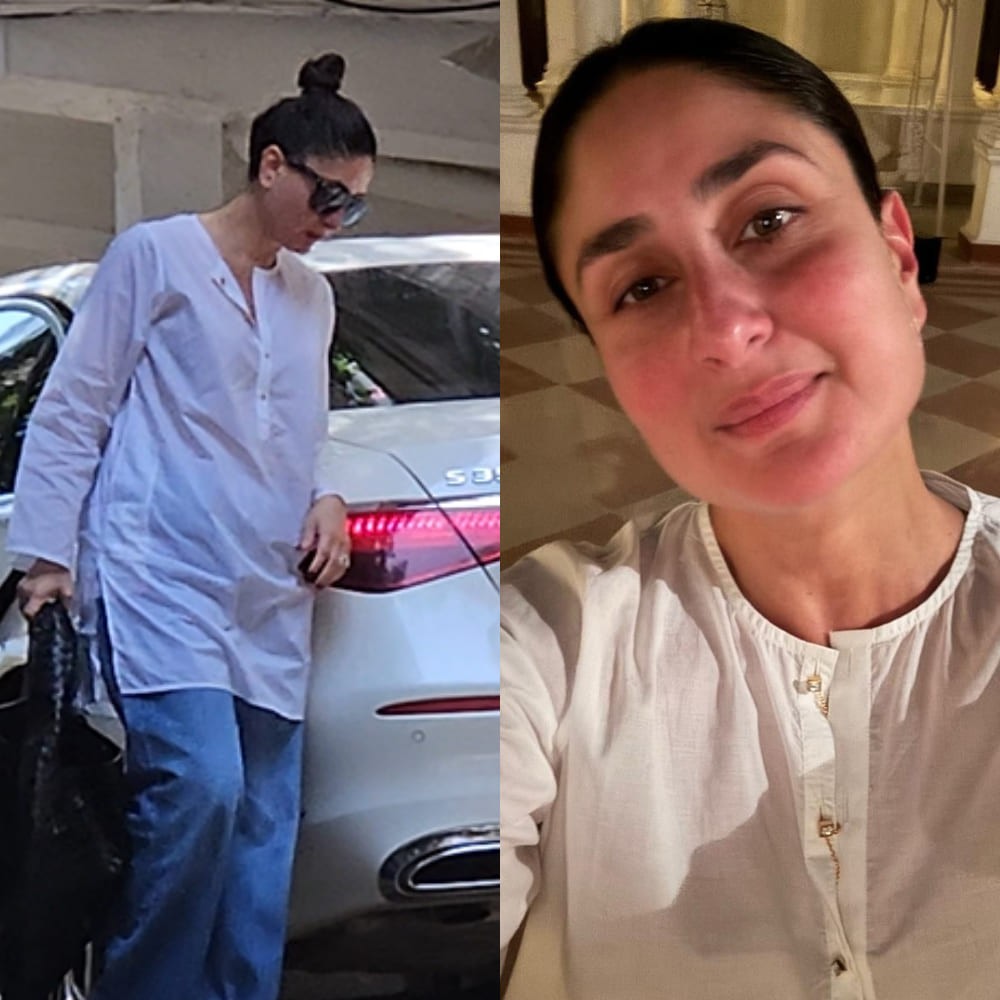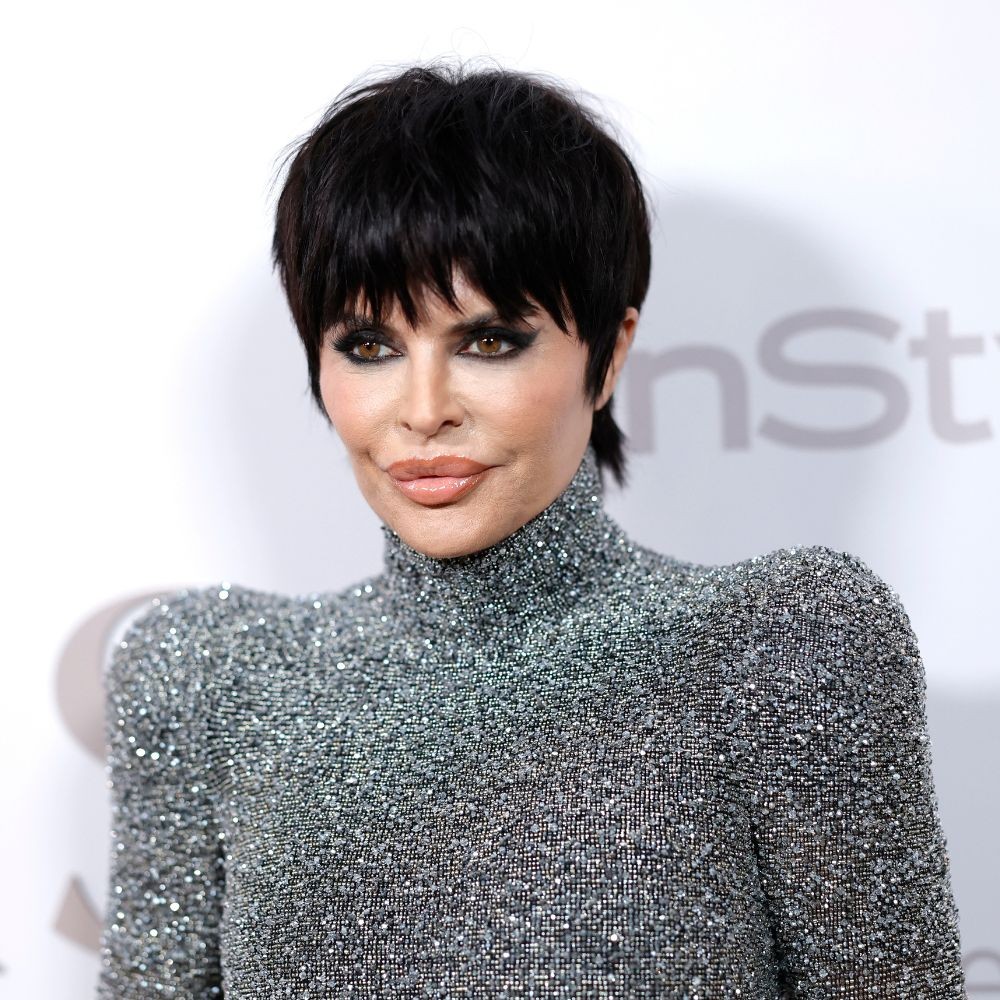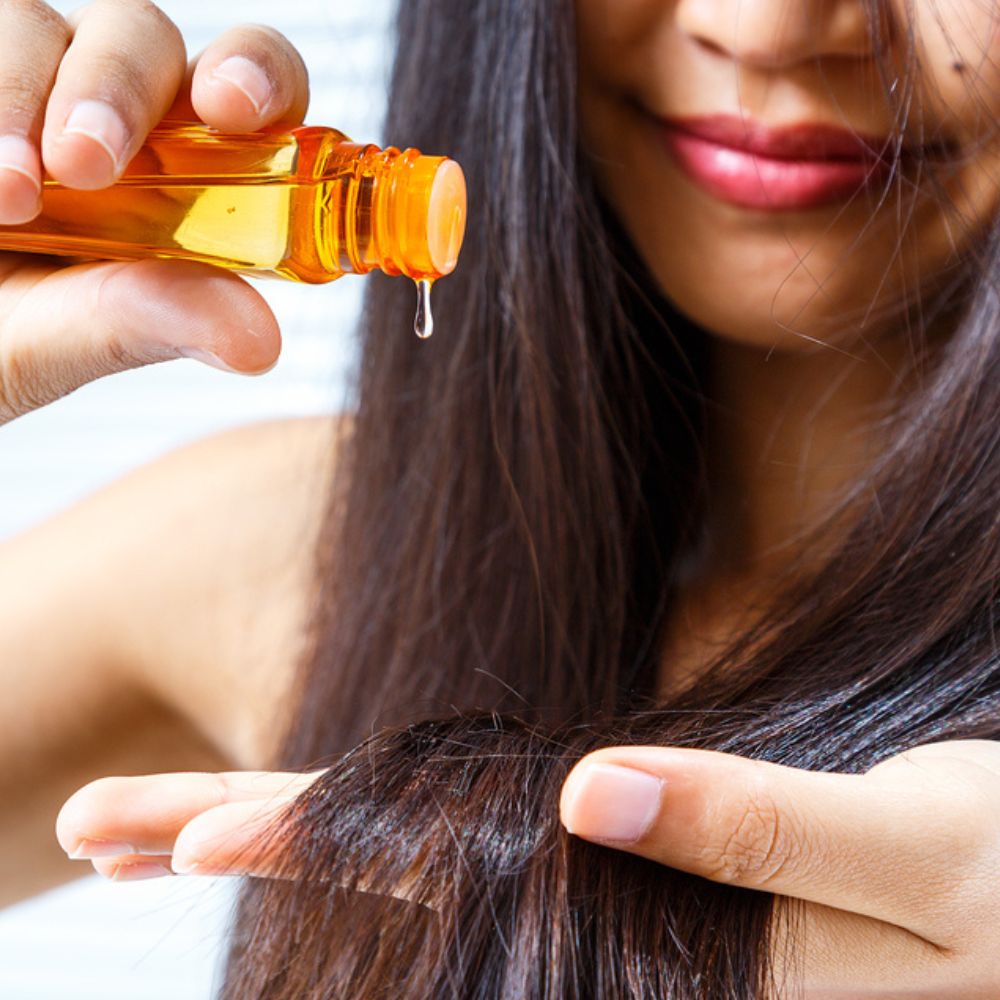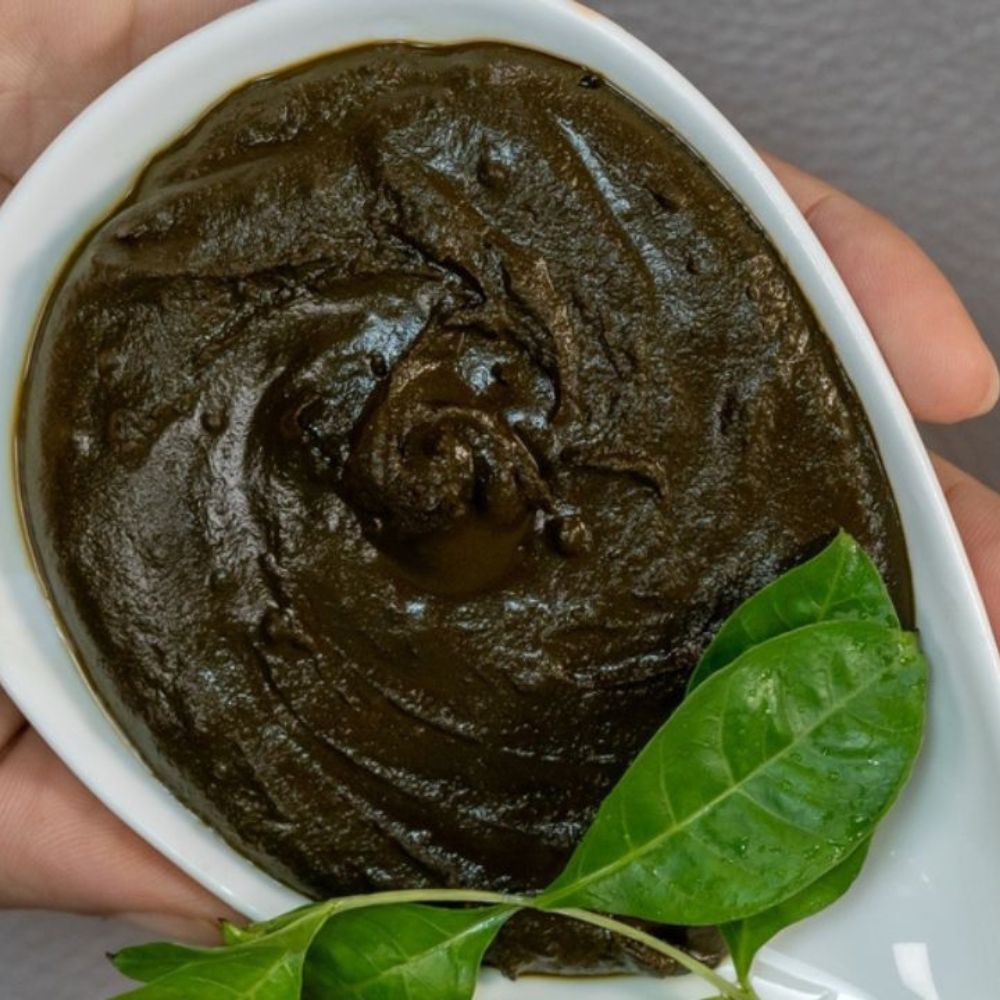How to Prevent White Hair? Ultimate Guide for Youthful Tresses
Learn how to prevent white hair using science-backed measures, lifestyle changes, and nutritional supplements to defy premature graying and flaunt timeless locks.
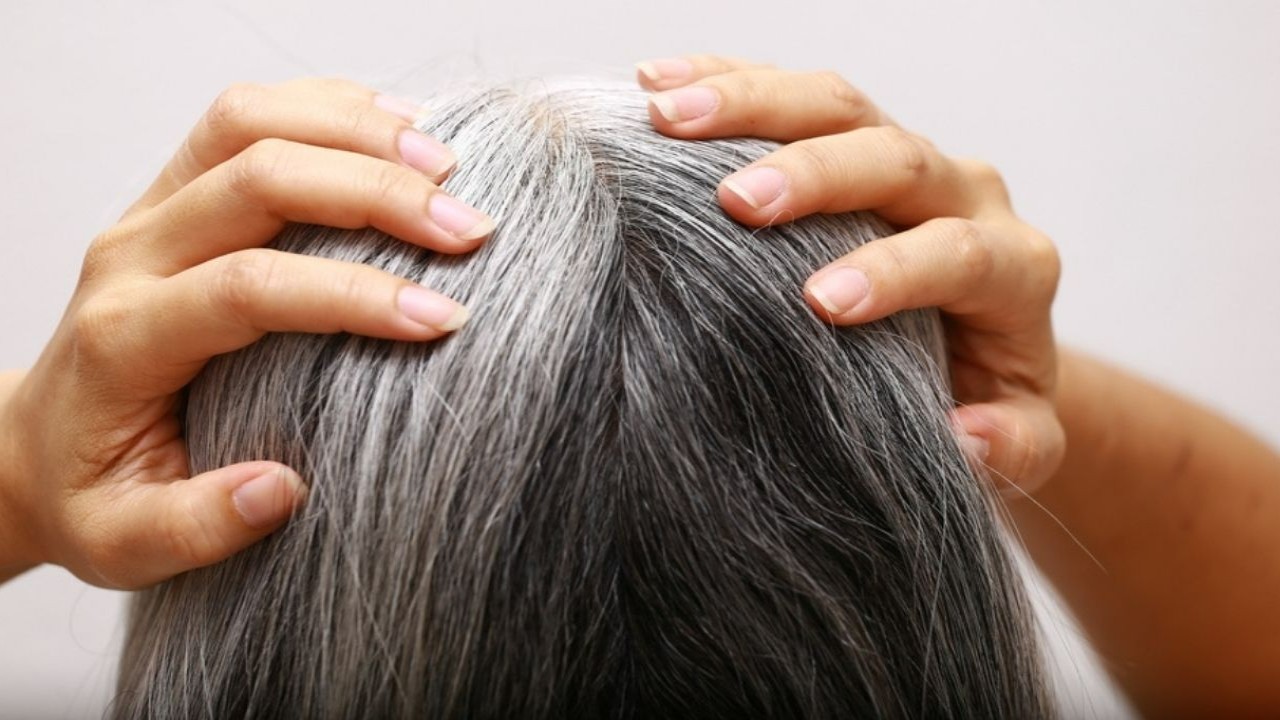
White hair is a natural process of aging that occurs in every individual around the globe. But if they are popping out early, do not worry, as we are here to discuss how to prevent white hair. Graying of hair occurs due to a variety of factors ranging from age, lifestyle choices, nutritional deficiencies, environmental factors, etc. To regulate or prevent the condition, it’s important to identify the root cause first. So, our experts went on to study these factors so that you can understand your problem and find a solution to target the same.
Graying of hair cannot be completely reversed, as loss of pigment in hair is a natural part of aging, which is quite normal. However, we can prevent premature graying of hair with the help of some DIY homemade recipes and prevention measures. Moreover, since these recipes are mostly natural, it might take some patience from your side to see visible results. So, it is recommended to try these while also exploring ways to learn and embrace the changes your body is experiencing and flaunt your grays.
How Does Pigmented Hair Turn White?

Hair follicles contain a special cell called melanocytes, which determine the color of the hair strand. These cells are responsible for making a particular chemical called melanin. Melanin is also a pigment that is responsible for imparting color to our skin (1). The colors are usually determined by the concentration of melanin produced by the cells, which may also be altered due to various intrinsic and extrinsic factors. One of the most common extrinsic factors is the sun. When we get tanned or sunburnt, it is basically sun-induced aggravation of melanin production.
In the same way, there are various factors that may lead to changes in the melanin concentration of our hair. The most researched and well-known criterion is age. With age, the cell turnover throughout the body depletes, which also leads to a lower number of melanocytes around our follicles (1). This further reduces the production of melanin, leading to a change in hair color to a transparent, white, or gray color. Additionally, there are other causes, such as psychological stress, smoking, nutritional deficiencies, etc., that may lead to melanocyte deaths or suppressed melanin production even at an early age, thus resulting in a condition called premature graying (1).
What Is “Too Soon” in Terms of Graying?
Hair graying is a condition that is largely associated with genetics. Hence, the age when people witness graying may change with respect to their ethnicity. Usually, white people or Caucasians often notice their hair turning gray around their mid-30s. While Asians experience the same in their late 30s and African or African-American people in their mid-40s. However, it is by the age of 50 that almost all people witness quite a bit of graying.
Therefore, to determine if you have premature graying of hair, one must take into account ethnicity (2).
Top 8 Causes of White Hair

The appearance of white hair is primarily influenced by genetic factors, but several other factors can contribute to this natural part of the aging process. Here are some common causes behind the occurrence of white hair:
1. Genetics
The most significant factor in determining when you'll start to go gray is your genetics. If your parents or grandparents experienced premature graying, there's a higher likelihood that you might, too. Moreover, if you belong to a certain ethnicity, you may have differences in your DNA that may lead to white hair (3).
2. Aging
As individuals age, the pigment-producing cells in hair follicles gradually reduce their activity. This leads to a decrease in melanin, the pigment responsible for hair color, resulting in the hair appearing gray or white (3).
3. Stress
While stress alone might not directly cause hair to turn white, chronic stress is associated with various physiological changes in the body, potentially accelerating the graying process (4).
4. Imbalanced Diet
A lack of certain minerals in the body and vitamin deficiencies, particularly B vitamins, iron, copper, and zinc, can contribute to premature graying. Even iron deficiency can make hair gray. A healthy diet filled with antioxidant-rich foods is crucial for maintaining healthy hair color (5).
5. Smoking
Studies suggest that smoking may increase the risk of premature graying of hair. The harmful chemicals in tobacco smoke can affect hair follicles and contribute to oxidative stress, accelerating the graying process (4).
6. Medical Conditions
Certain medical conditions, such as autoimmune diseases, can affect the pigmentation of hair. Vitiligo, for example, can cause patches of skin and hair to lose their pigment (5).
7. Environmental Factors
Exposure to pollutants, toxins, and harsh chemicals in the environment may contribute to premature graying by causing oxidative stress to the hair follicles (4).
8. Hair Products Laden with Chemicals
Using hair care products filled with harsh chemicals can also lead to gray hair.
Shedding some more light on this topic, our contributor Gwenda Harmon, who is a hair dresser & curly hair specialist, says, “One chemical that can damage hair and cause premature hair graying is hydrogen peroxide. This ingredient can be found in hair coloring tools and excessive bleaching can cause the hair to whiten. Other types of chemicals that also play a role in premature graying are Vitamin B12, Vitamin D3, and calcium.”
Is Plucking White Hair a Bad Idea?

Pulling out gray hair won't do you any favors. It might harm your hair and cause damage to hair follicles. Each hair follicle gives rise to only one hair strand, and when there is death or depletion of melanocytes or melanin, the hair turns gray. So, since the pigment-producing cells in the follicle have already died, plucking gray hair won't bring back a colored one -instead, you're just delaying the inevitable. Moreover, with time, plucking can severely damage the follicle, which may lead to further hair concerns like hair loss and thinning. Hence, plucking is a bad idea, as it may even cause infection, scarring, and bald patches, making your hair look worse in the long run.
How to Prevent White Hair?
While it's challenging to completely prevent white hair, especially if it's largely determined by genetics and aging, there are certain lifestyle practices and considerations that may help slow down the graying process or maintain the health of your hair. Here are some tips:
1. Eat a Balanced Diet

Ensure your diet includes a variety of nutrients, especially vitamins and minerals like B vitamins, iron, copper, and zinc, which are crucial for hair health. Consume foods rich in antioxidants to combat oxidative stress, such as fruits, vegetables, and green tea.
2. Follow Good Hair Care Practices
Use mild shampoos and conditioners that are suitable for your hair type. Avoid excessive heat styling and chemical treatments, as these can damage hair and contribute to premature graying.
3. Stay Hydrated
Drink an adequate amount of water to keep your body, including your hair follicles, well-hydrated.
4. Manage Stress

Practice stress-management techniques such as meditation, yoga, or deep breathing exercises. Get proper sleep as adequate sleep is crucial for overall health, including the health of your hair.
5. Quit Smoking
If you smoke, consider quitting. Smoking has been linked to premature graying and other hair-related issues.
6. Protect Hair from Environmental Damage
Minimize exposure to harsh environmental factors like pollution and ultraviolet (UV) rays. Wear a hat or use hair products with UV protection when spending extended periods in the sun.
7. Take Supplements
Consult with a healthcare professional about the potential benefits of supplements, especially if you have nutritional deficiencies.
8. Exercise Regularly
Engage in regular physical activity, as it promotes overall hair health (6).
Home Remedies to Stop White Hair
While there's no scientifically proven method to completely stop the graying of hair, there are some natural ingredients that can promote overall hair health and protect the cells through their antimicrobial, anti-inflammatory, antioxidant, and moisturizing properties. Below are some home remedies to try:
1. Amla (Indian Gooseberry)

Amla is rich in antioxidants and vitamin C, which may help promote hair health. You can consume amla in various forms, such as fresh fruit, juice, or as an oil applied to the hair (7).
2. Coconut Oil And Curry Leaves
Coconut oil is an excellent source of fatty acids, while curry leaves contain essential nutrients like vitamins and antioxidants. This combination may help nourish the hair, protect and stimulate the follicles, and promote overall hair health (8).
Instructions:
- Heat coconut oil and add a handful of curry leaves.
- Let the mixture cool and apply it to your scalp and hair.
- Leave it on for at least an hour before washing your hair.
3. Black Tea Or Coffee Rinse
Some believe that the natural pigments in tea or coffee may help darken the hair. Moreover, both black tea and coffee are rich in antioxidants, which may contribute to overall scalp and hair health by combating oxidative stress (9).
Instructions:
- Brew a cup of strong black tea or coffee and let it cool.
- Use it as a hair rinse after shampooing.
4. Onion Juice
Onion juice is believed to stimulate hair follicles and promote hair health. It is rich in sulfur and antioxidants that offer these benefits to the hair follicles (10).
Instructions:
- Extract onion juice and apply it to your scalp.
- Leave it on for 30-60 minutes before washing your hair with a mild shampoo.
5. Henna
Henna is a natural dye that can be used to cover gray hair. It not only imparts color but is also thought to condition the hair. Use caution, as henna can vary in color, and frequent use may lead to a reddish tint (11).
6. Rosemary Oil

Rosemary oil is one of the best hair oils that is believed to stimulate hair growth and may also help with premature graying (12). Anecdotal evidence suggests that rosemary oil may help darken hair, potentially reducing the visibility of gray strands, but there is not enough scientific evidence to back the claim.
Instructions:
- Mix a few drops of rosemary oil with a carrier oil (like coconut or jojoba)
- Massage it into your scalp and wash it off after 2-3 hours.
7. Aloe Vera
Aloe vera's anti-inflammatory and antioxidant properties may help support a healthy scalp environment. While it may not directly address the pigmentation loss causing graying, using aloe vera may promote general healthy follicular and melanocyte cells (13).
Instructions:
- Take one aloe vera leaf, wash it thoroughly, and remove its gel.
- Apply fresh aloe vera gel to your scalp.
- Leave it on for about 30 minutes before washing.
Conclusion
To answer an age-old dilemma of how to prevent white hair, we attempted to conduct extensive research and bring some of the scientifically proven remedies. Along with this, we have also explored some home remedies that have anecdotal evidence of offering nutrients to enhance hair health, which may potentially delay the graying of hair. In our quest, we discovered that although age is the primary factor in the graying of hair, there are certain additional aspects, like smoking, unhealthy diet, nutritional deficiencies, etc., that may lead to premature aging of your tresses. Therefore, to prevent hair graying concerns, it is essential to identify the cause and target your condition for best results.
Contributor: Gwenda Harmon, Hair Dresser & Curly Hair Specialist - Click for blog





 JOIN OUR WHATSAPP CHANNEL
JOIN OUR WHATSAPP CHANNEL

